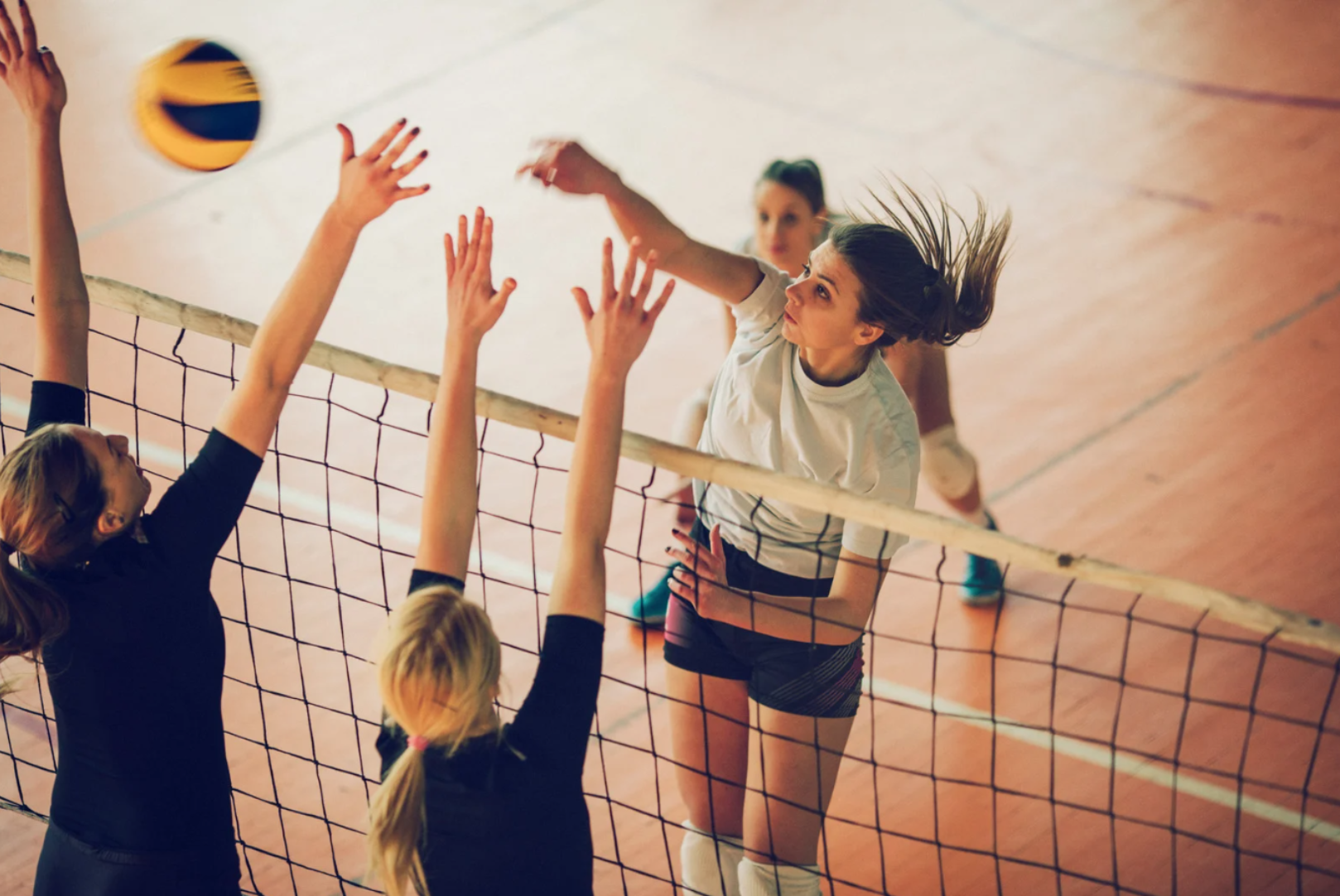
A Winning Game Plan for Young Athletes
With the Fall sports season just around the corner, now is the perfect time for high school athletes to prepare and set themselves up for success. Whether you’re gearing up for football, soccer, cross-country, or any other sport, the steps you take now can significantly impact your performance and overall experience.
In this blog, we’ll discuss essential strategies and tips for young athletes to get ready for their fall sports season. From physical conditioning to mental preparation and everything in between, you’ll find valuable insights to help you excel on and off the field.
The Importance of Early Preparation
Preparation is key to success in any sport, and starting early can give you a significant advantage. By beginning your pre-season prep now, you’ll be able to build a strong foundation that will support your performance throughout the season.
Early preparation helps you:
- Improve your physical fitness
- Develop mental resilience
- Build team camaraderie
- Reduce the risk of injury
Setting Clear Goals
Define your objectives for the season to stay focused and motivated. Setting clear, achievable goals can help you track your progress and stay committed to your training regimen.
When setting your goals, consider:
- Specificity: Make your goals specific and detailed.
- Measurability: Ensure you can track your progress.
- Attainability: Set realistic and achievable goals.
- Relevance: Ensure your goals align with your overall aspirations.
- Time-bound: Set deadlines for achieving your goals.
Building a Strong Fitness Base
A solid fitness foundation is crucial for any athlete. Focus on developing your cardiovascular endurance, muscular strength, and flexibility to enhance your overall athletic performance.
Consider incorporating the following into your routine:
- Cardio exercises such as running, cycling, or swimming
- Strength training with weights or bodyweight exercises
- Stretching and flexibility routines like yoga or dynamic stretching
Nutrition for Peak Performance
Fueling your body with the right nutrients is essential for optimal performance. A balanced diet can help you maintain energy levels, build muscle, and recover faster from workouts.
Key nutritional tips include:
- Eating a variety of fruits and vegetables for vitamins and minerals
- Consuming lean proteins to support muscle growth and repair
- Including healthy fats for sustained energy
- Staying hydrated by drinking plenty of water
Mental Preparation and Focus
Mental toughness is just as important as physical fitness. Developing a strong mental game can help you stay focused, manage stress, and perform under pressure.
Practice the following techniques:
- Visualization: Imagine yourself succeeding in your sport.
- Positive self-talk: Replace negative thoughts with positive affirmations.
- Mindfulness and relaxation exercises to reduce stress and improve concentration
Equipment and Gear Check
Having the right equipment and gear is essential for safety and performance. Ensure your gear is in good condition and properly fitted to avoid discomfort or injury.
Key considerations include:
- Checking the fit and condition of your shoes, pads, and other protective gear
- Ensuring your uniform is comfortable and allows for full range of motion
- Keeping backup equipment on hand in case of emergencies
Injury Prevention and Recovery
Preventing injuries is crucial for a successful season. Incorporate injury prevention strategies into your training regimen to stay healthy and on the field.
Important strategies include:
- Proper warm-up and cool-down routines
- Listening to your body and resting when needed
- Seeking professional help for any persistent pain or discomfort
Balancing Academics and Athletics
Maintaining a balance between academics and athletics is essential for high school athletes. Effective time management can help you excel in both areas without feeling overwhelmed.
Tips for balancing academics and sports include:
- Creating a schedule that allocates time for both study and practice
- Communicating with teachers and coaches about your commitments
- Prioritizing tasks and avoiding procrastination
Evaluating Progress and Adjusting Plans
Regularly assess your progress toward your goals and make necessary adjustments to your plan. Flexibility and adaptability are key to navigating challenges and staying on track.
Steps for evaluating and adjusting your plan include:
- Keeping a journal to track your workouts, achievements, and setbacks
- Reviewing your goals and updating them as needed
- Seeking feedback from coaches and teammates
Preparing for the fall sports season involves more than just physical training. By focusing on early preparation, goal-setting, fitness, nutrition, mental toughness, and support systems, you can set yourself up for a successful and enjoyable season.
Ready to take your game to the next level? Start implementing these strategies today and experience the difference they can make in your performance. For personalized guidance and expert sports medicine advice, contact us today!
